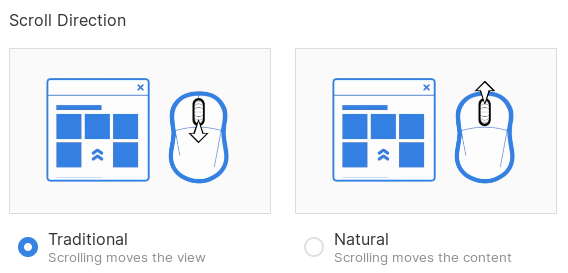this post was submitted on 24 Sep 2023
172 points (97.8% liked)
Linux
48092 readers
1449 users here now
From Wikipedia, the free encyclopedia
Linux is a family of open source Unix-like operating systems based on the Linux kernel, an operating system kernel first released on September 17, 1991 by Linus Torvalds. Linux is typically packaged in a Linux distribution (or distro for short).
Distributions include the Linux kernel and supporting system software and libraries, many of which are provided by the GNU Project. Many Linux distributions use the word "Linux" in their name, but the Free Software Foundation uses the name GNU/Linux to emphasize the importance of GNU software, causing some controversy.
Rules
- Posts must be relevant to operating systems running the Linux kernel. GNU/Linux or otherwise.
- No misinformation
- No NSFW content
- No hate speech, bigotry, etc
Related Communities
Community icon by Alpár-Etele Méder, licensed under CC BY 3.0
founded 5 years ago
MODERATORS
you are viewing a single comment's thread
view the rest of the comments
view the rest of the comments

That's literally the same principle. And yes, before you ask, it's dumb for both axes.
Up is up, down is down.
It's not the same principle for both axes though. I invert just the Y-axis. For me, left is left, right is right, up is "back" and down is "forward".
It is, if you consider the motion about the bottom part of the stick, when you push forward, that part moves backward. The same can be said about pushing right, and having the bottom going left.
Why would you want that? No idea, since even on planes the x axes are not inverted like that...
I see what you are saying about the bottom of the stick, but that isn't the mental model of the people who invert the Y-axis. So that principle doesn't really apply.
Consider it like plane controls. With the stick in a neutral position as pointing "up". Left and right are still left and right. But forward and back tilt the nose, which is forward, down and up respectively.